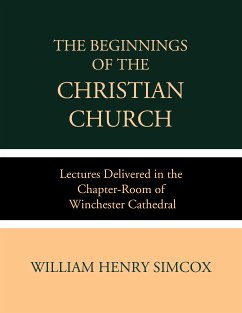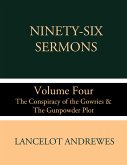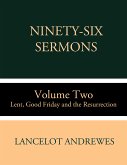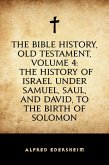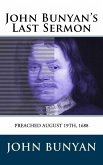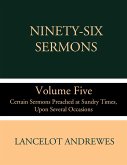When writers of such reputation as the two former named, and such a thorough and painstaking student as the last, had entered the field, it was perhaps presumptuous to offer to the public so slight a work as these Lectures, which cannot pretend to any originality of research, or use of any but the most familiar authorities. But in the period treated of, unlike most others, the most familiar authorities are happily to a great extent first-hand ones; and among the first-hand authorities, the familiar ones (the New Testament and the Apostolic Fathers) are, I venture to think, more important as well as easier to use than the unfamiliar ones which Mr. Hatch has collected with such praiseworthy diligence.
In fact, Mr. Hatch himself encourages me to hope these Lectures may be useful, because part of their object was to bring out a point on which he very properly insists, in a passage of his introductory Lecture, with which it is easier to agree entirely than with much of what follows: "The special difficulty of studying any such period of history arises from the fact that the centuries which are remote from our own seem, in the long perspective, to be almost indistinguishable.... Between the third century and the fourth, for example, or between the fourth and the fifth, there seems to all but the scholars who have trod the ground to be an hardly appreciable difference." One may surely add, that between the second century and the third the difference seems to be even less, no such revolution intervening as the conversion of the Emperors or the conquests of the Barbarians. Anything between the death of St. John and the Council of Nicaea, perhaps even of Chalcedon, is to the ordinary Anglican student of historical theology a fact belonging to "the Primitive Church," just as to Scott and his imitators any time between the Norman Conquest and the Reformation belonged to "the Middle Ages."
On the other hand, we are so fully conscious of the marked difference of character between the apostolic and post-apostolic writings, that we find it difficult to remember, even with St. Clement's help, that the apostolic age must have passed insensibly into the post-apostolic. All Christians before St. John's death, or at least before St. Paul's, seem to us to live in the atmosphere of the Acts of the Apostles; while all Christians after those events seem to live in that of a chronic Diocletian persecution.
September 10th, 1881.
CrossReach Publications
Dieser Download kann aus rechtlichen Gründen nur mit Rechnungsadresse in A, B, BG, CY, CZ, D, DK, EW, E, FIN, F, GR, H, IRL, I, LT, L, LR, M, NL, PL, P, R, S, SLO, SK ausgeliefert werden.

